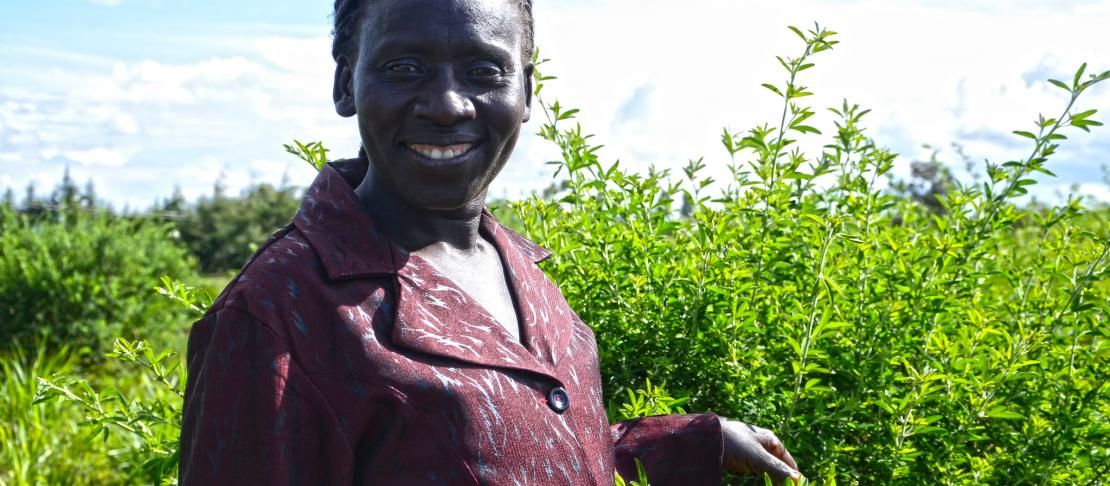EAGC and USAID Formulate Alliance to Elevate Export Competitiveness in East African Staple Foods
Nairobi, Kenya, January 23, 2024 – In a move to boost East Africa’s agricultural sector, the United States government, through the USAID’s Economic Recovery and Reform Activity (ERRA) program and delivered by TradeMark Africa (TMA), has granted a three-year partnership with the Eastern Africa Grain Council (EAGC). This collaboration, valued at US$2 million, is poised to enhance the competitiveness of export-oriented staple food value chains in the region.
USAID and TMA’s ERRA program, with a budget of US$75 million over five years, is focused on instigating trade and investment reforms in East Africa and the Horn of Africa. The initiative aims to generate employment in staple crops and textiles, particularly benefiting women and youth. A key objective is to improve the export capabilities of grain producers, both regionally and globally.
Challenges such as low production rates, inefficient post-harvest management, and climatic adversities have previously hampered East Africa’s potential in food grain production and trade. These issues have led to reduced competitiveness in regional markets, hindered cross-border trade, production deficits, and significant postharvest losses, impacting the region’s food security.
The partnership with EAGC is designed to address these challenges head-on. It plans to eliminate trade barriers and enhance the capacity of grain exporters in Kenya, Tanzania, and Uganda, focusing on key staples like Maize, Beans, Millet, Sorghum, and Rice.
During the signing ceremony, TMA’s CEO, Mr. David Beer, expressed that the strategic collaboration with EAGC and USAID will catalyze grain exports within the region. He emphasized the role of innovative strategies like Grain Business Hubs (G-Hubs), operated by farmers using technology to improve grain quality and increase trade.
One major challenge in grain trading in the region is the adherence to international standards. In response, EAGC will assist over 80 SMEs to comply with crucial Sanitary and Phytosanitary (SPS) measures, and Standards Quality Infrastructure (SQI) requirements, which are vital for successful exports.
Gerald Masila, EAGC’s Executive Director, conveyed his satisfaction with the partnership, aligning with EAGC’s aim of facilitating structured, inclusive, and profitable grain trade. He underscored the benefits such as access to agricultural financing, capacity building, and mentorship, leading to a commitment to Industry-Own Checks or Industry Self-Regulation.
Masila further highlighted the expected outcomes, emphasizing their transformative impact on regional economic prosperity. The focus on practical solutions, strengthening of grain business hubs, and enhancement of SME capacities, he noted, are key to sustained growth. Moreover, the establishment of an information hub will provide real-time data and insights, crucial for shaping national and regional food balance sheets and facilitating trade policy implementation.
The partnership between EAGC and USAID, through the ERRA program, marks a significant stride in bolstering East Africa’s position in the global grain market, enhancing food security, and contributing to regional economic growth.


